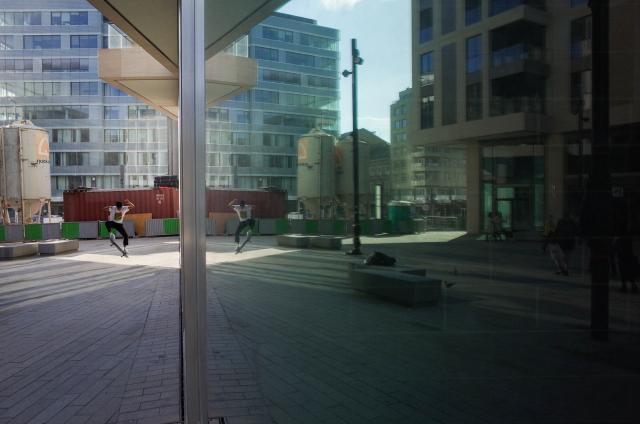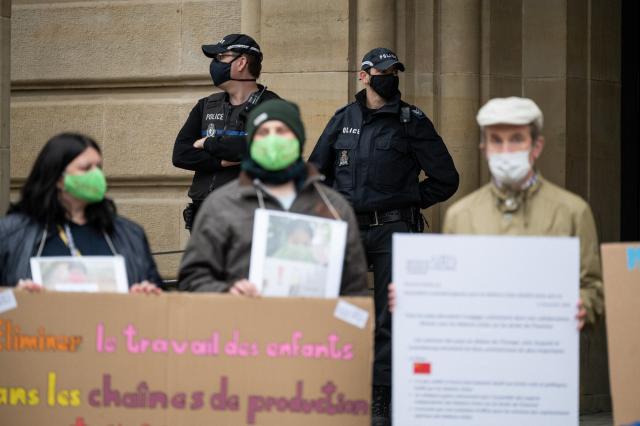The European formula
By Christian Block, Lex Kleren, Misch Pautsch Switch to German for original article
European schools are said to have once been inspired by the Luxembourg educational model. Today, they are an integral part of the public school landscape. What traditional schools can learn from them.
Luca (13), Charlotte (14) and Aylee (13) have at least two things in common. All three attend a second secondary school class at the Gaston Horn International School (EIGT) and all three speak Luxembourgish. Their educational and biographical backgrounds, however, are very different. Luca, who was born in Spain but grew up speaking Italian and also spent two or three years in Italy, came to Luxembourg when he was four or five. Charlotte also moved to Luxembourg as a toddler. She was born in Germany. Aylee was born in Luxembourg, but grew up in an English-speaking environment.
At EIGT, the three teens are enrolled in the French-, German- and English-speaking sections, respectively. Specifically, this means that most subjects are taught in their chosen first language. Charlotte attended a regular elementary school and transferred to the Gaston Thorn School after two years in a traditional lyceum. "If you're not really good at French, you're not well off – eventually everything will be in French, " she says concerning the reason for her transfer. Luca, meanwhile, has foregone Italian language classes in favor of French. He said he preferred to learn the most widely spoken languages. Aylee has joined an Anglophone class due to difficulties with German.
Luca, Charlotte and Aylee are part of Luxembourg's social reality. The country, which today has more than 180 nationalities, faces the challenge of having to find an adequate response to a wide range of language and educational profiles, mainly due to immigration. According to the Ministry of Education, around 4,000 children and young people move to the Grand Duchy every year.
You want more? Get access now.
-
One-year subscription€185.00/year
-
Monthly subscription€18.50/month
-
Zukunftsabo for subscribers under the age of 26€120.00/year
Already have an account?
Log in


